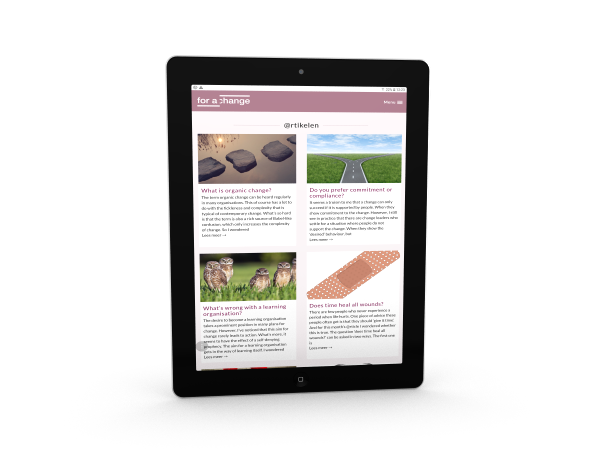‘Cabinet must explain critical house of representatives evacuation from Afghanistan’
This is the first headline in my news feed this morning. A feeling of despondency overwhelms me.
Here we go again.
The same spectacle with one angry member of parliament after another who plays the card of moral indignation and demands reparation for the injustice done. The most vicious outbursts and clever one-liners make the news.
What is going on?
Anger has become a business model. Because it works. In politics and in the (social) media, anger gets instant attention. We eat it like hot cakes, because we like to indulge in other people’s emotions. It distracts us from our own deeper feelings of fear, misunderstanding, sadness, powerlessness and uncertainty. We seek numbness in the spectacle in which others renounce and attack each other. And I must admit that I am ambivalent about this myself. I love to linger in the comment section of any Facebook post about vaccinations or Zwarte Piet to feast on the reproaches that people pour out on each other. And I followed the ‘function elsewhere’ parliamentary debate breathlessly.
The friction that politicians create with their anger is functional in the short term, because they get what they want: media attention and seats. But in the long run it is dysfunctional. Because we cannot change society solely on the basis of anger. At least, we can, but the change will be a deterioration. When you are angry, you come up with ‘that’ll teach ’em solutions’. We have learned from the Dutch childcare benefits scandal how disastrous they can be. Someone who is angry no longer sees what is really going on. The head is switched off. If that anger also comes through in the conversation, you can no longer understand each other. Your intention to improve the situation gives way to the urge to make the other person feel bad.
The business model sustains itself when politicians think that voters are angry and mainly want reparation. But voters also want improvement, progress and dignity, only those posts disappear at the bottom of the feed. Voters revel in polarisation and they abhor it. They do not make it easy for politicians with the ambivalent signals they send with their viewing, reading, voting and clicking behaviour. But politicians do not represent the voters if they only allow themselves to be led by the angry side of the coin.
How can we break the pattern?
It is important to distinguish between anger as an emotion and as a strategy. There is little we can do against anger as a strategy, because the business model is too strong. The person who is angry as a strategy is usually not looking for change but for attention. So the wisdom must come from people who are emotionally affected by people who use anger as a strategy. From people who are really angry.
Because it takes two to fight.
It makes little sense to tell those people that they ‘just’ shouldn’t be angry. That they should rise above it. Because anger is a feeling and you don’t choose a feeling. When you are angry, your anger has something to tell you about deeper feelings of fear, misunderstanding, sadness, powerlessness and insecurity.
So the key out of the deadlock lies with everyone who feels they are getting angry; in the willingness to examine their own anger for the pain that lies beneath it. Only then can you find the need to change the situation for the better, and find out if, how and with whom you can resume the conversation. So that change is possible.
This is easy to say from the sidelines. It must be extremely difficult for politicians to step into the arena every day and withstand the storm of moral indignation that is fired at them. It is an almost inhuman task to reflect instead of polarising. And yet that is what it takes to reverse the pattern, if only slightly.
Annemarie Mars, September 2021

